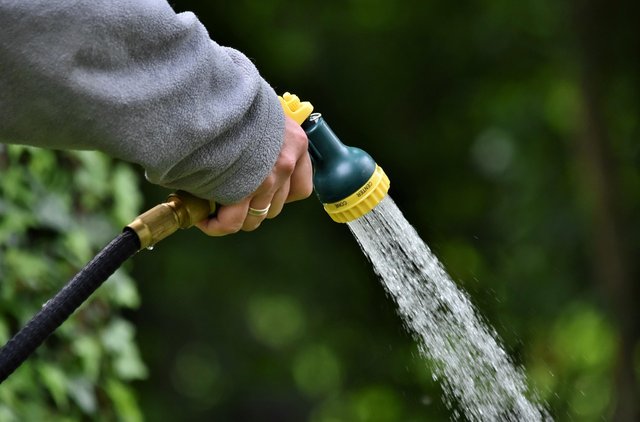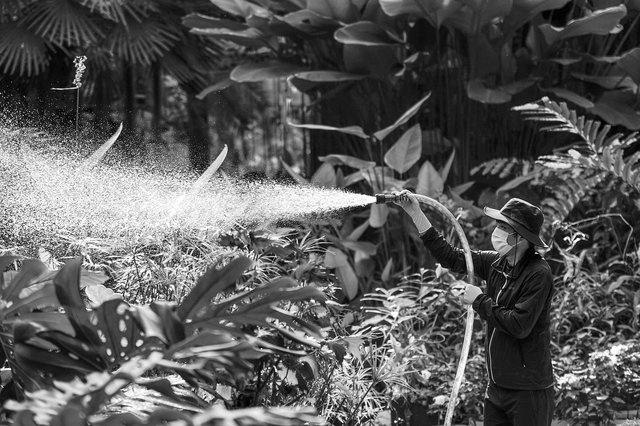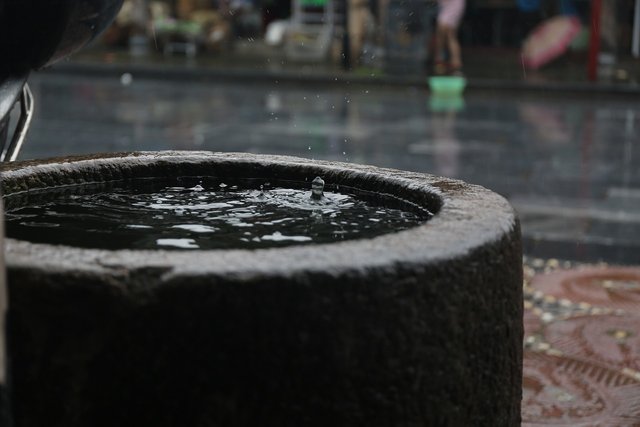Contest : Water sources and uses in agriculture”
What are the types of artificial and natural sources of irrigation in agriculture?
Types of Irrigation Sources in Agriculture
Natural Sources
These are the kinds of water sources that exist without anybody needing to build or install anything. We’re talking about:
Rainfall – The most natural and free source, but sadly not reliable anymore.
Rivers, Lakes, Streams – If you live close to one, you’ve got a blessing. A lot of farmers in rural areas just channel water with pipes or ditches.
Springs – Rare, but if you have a natural spring on your land, that’s gold.
Groundwater – This is under the soil, and people tap into it with wells.
Artificial Sources
When nature isn’t giving us what we need, we make our own way. That’s where artificial systems come in:
Wells and Boreholes – These dig deep into the ground to pull up water. Most common in dry zones.
Canals – Water is diverted from rivers and moved through man-made channels to farms.
Drip Systems – Pipes with little holes that “drip” water directly to the root of each plant.
Sprinklers – Just like rain, but man-made. They spray water across your crops.
Reservoirs and Tanks – Rainwater or river water is collected and stored for when it’s needed.
Which source do you use in agriculture?
Which Source Do I Use?
Where I farm, the most dependable source has been our local borehole. The rain can be funny — it shows up when you’re not ready and disappears when you need it most. We used to rely on rain-fed farming, but after losing two planting seasons to drought, we shifted.
The borehole gives us a steady supply, though it comes at a cost. Diesel for the pumping machine isn’t cheap. But compared to losing a full crop, it’s worth it.
Reasons for excessive cost of irrigation and how can it be reduced?
Why Is Irrigation So Expensive and How Can It Be Cheaper?
Let’s be honest the price of irrigating a farm these days is no joke. Here’s why:
Fuel or Power Costs – Running generators or electric pumps isn’t cheap.
Materials – Pipes, sprinklers, tanks… they all cost money.
Repairs – If one thing breaks, you can’t water your crops.
Lack of Government Support – A lot of small farmers are on their own.
How to Make It Cheaper
Use Solar Pumps – A few farmers around me have gone solar and don’t pay for diesel again.
Team Up – If a group of farmers pools money together, they can build a shared borehole or canal.
Catch Rainwater – Build tanks. When the sky blesses you, store it.
Reduce Waste – Drip irrigation wastes less water than flooding the whole field.
Sometimes the answer isn’t spending less — it’s spending smart.
What role does irrigation play in increasing crop production?
How Irrigation Helps Crop Production
No water, no farming. Simple as that.
But more than just “helping,” irrigation can completely change the game:
Guarantees Growth – Even if there’s no rain for weeks, your crops still grow.
More Harvests – Instead of waiting for rainy season, you can plant again during dry months.
Better Yields – Consistent watering makes the crops bigger, healthier.
Keeps Crops Alive – A two-week drought without irrigation can kill a farm.
In my own experience, the year I started irrigating my vegetables, my harvest tripled. I even had extra to sell in the next village.
How can natural water sources be controlled? Share your opinion.
How Can Natural Water Be Controlled?
Let me just say this — you can’t control nature completely. But you can manage it.
Here’s what I believe works, my opinion:
Store What You Can Do not allow rain waste it. Build catchment tanks, dig small ponds.
Build Small Dams – Even a small local dam can supply water to farms nearby.
Guide the Water – Use canals or ditches to move water where you want it.
Don’t Let It Run Off – Use ridges or bunds to trap water in your field.
Use Mulch – It keeps soil moist longer, especially in the sun.
Honestly, controlling water is about being proactive. You don’t wait until things dry up before thinking of solutions. Plan ahead, and treat water like it’s gold
I invite @us-andrew @kwinberry @tammanna to take part in this contest.
CC,



My twitter share
https://x.com/peng_qbx/status/1947351451753136236?s=46
Congrats! Post meaningful and source your images. You're eligible to use newcomer tag for three months from your joining. Please share your posts on any social media and post the links in comment section of your post.
Curated by: @dove11